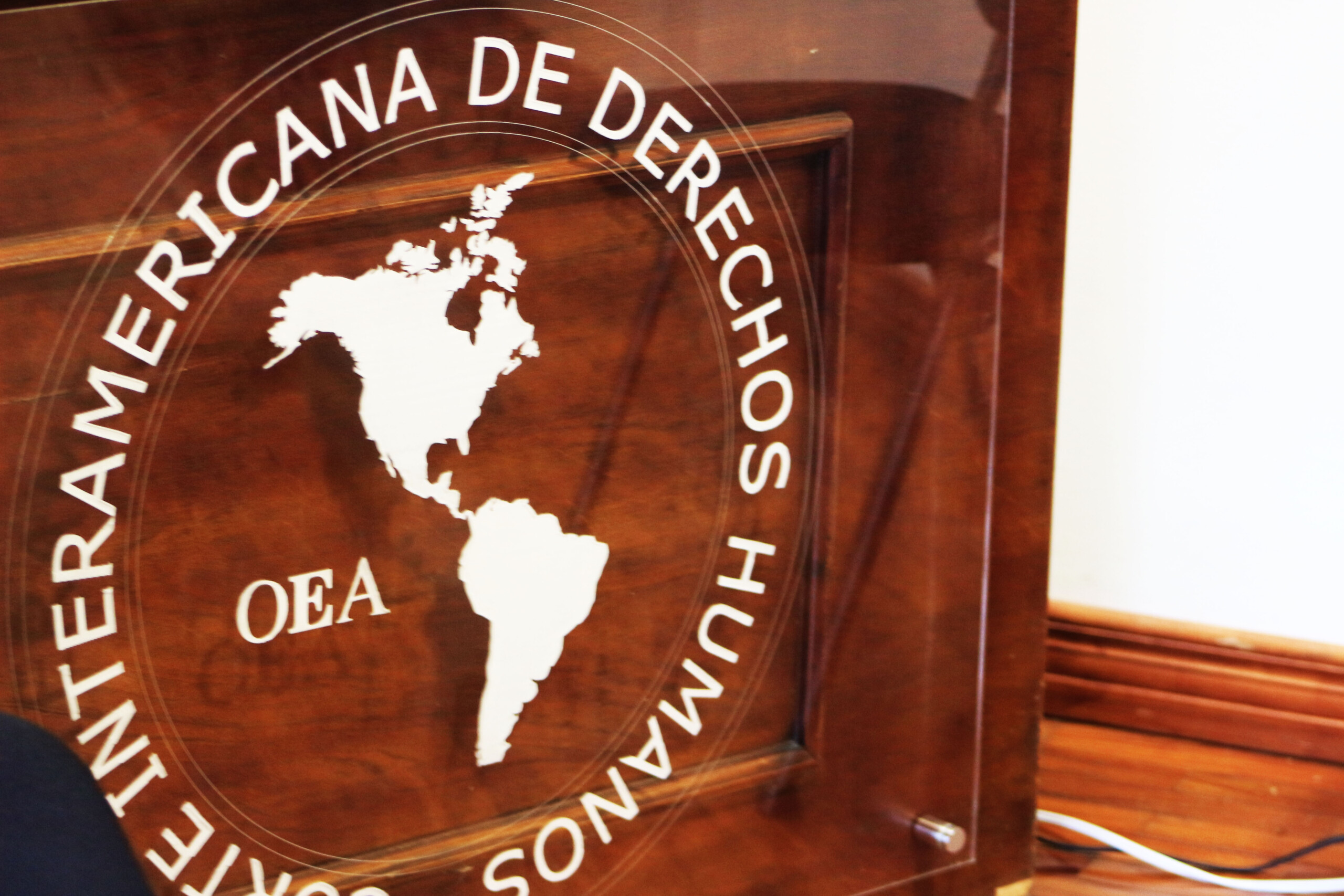Nature of the Case
The Appeals Panel upheld the Roundtable on Sustainable Palm Oil (RSPO) Complaints Panel’s decision dated February 13, 2018, finding that Golden Veroleum Liberia (GVL) had violated many criteria and principles of the RSPO in the process of procuring, cultivating and developing land in Liberia for palm oil production. The Complaints Panel’s February 13, 2018 order had held that GVL had violated local groups’ right to free, prior, and informed consent (FPIC), had used coercion, had not adequately protected the local groups’ right to participate in local mapping, had not converted provisional memorandums of understanding (MOU) into final MOUs, and had continued developing disputed land. The February 13, 2018 decision had also found that GVL had not updated its Standard Operating Procedure regarding FPIC and had not updated or improved the management or administration of the Compensation Development Fund.
The original complaint was filed in October 2012 by Green Advocates on behalf of the Indigenous Butaw Kru Peoples, asserting that GVL: a) had commenced land preparation and other development without providing public notification consistent with the RSPO New Planting Procedures; b) had cleared land without the free, prior and informed consent of the customary land owners through representative organizations of their choice; and c) had not conduct comprehensive, participatory and independent social and environmental impact assessments of the area concerned and incorporated the results into relevant action plans, including by identifying (i) all primary forests; (ii) any area required to maintain or enhance one or more High Conservation Values (HCVs); and (iii) local peoples’ lands.

